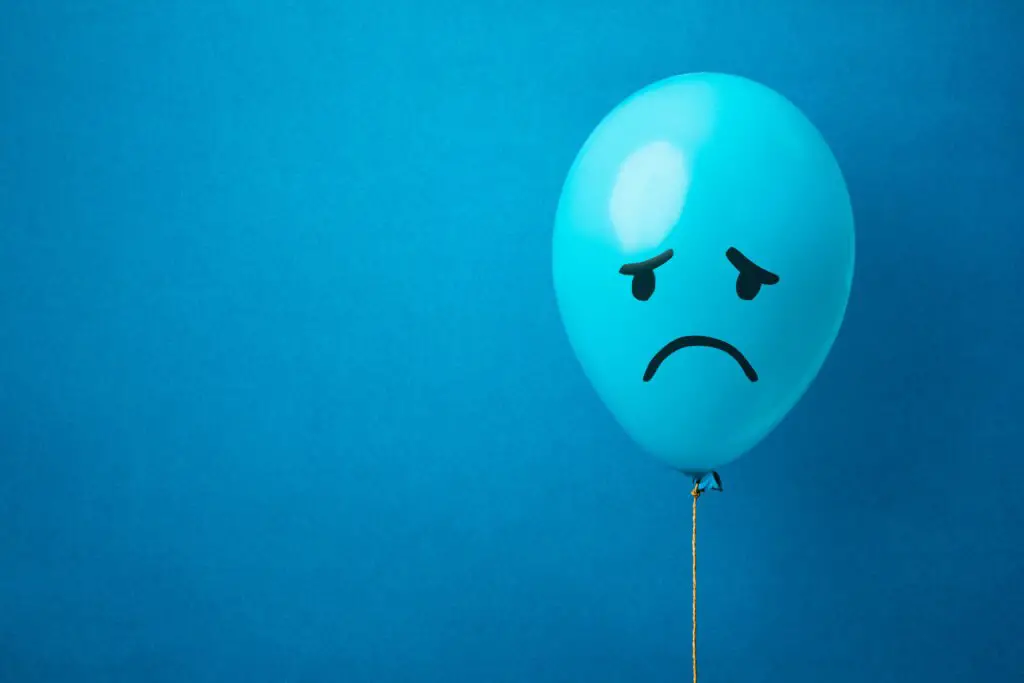Table of Contents
Postpartum depression is a topic that has come to the fore recently, even the books of which are written by famous authors, and it is a concept that you probably hear a lot.
However, I think you are unfamiliar with the topic of paternal postnatal depression because this is a topic that has only recently been researched and started to be talked about, and as you can imagine, it is a depression that shares the same fate with her, not the woman who gave birth.
The addition of a new individual to the house is a very, very happy event for both parents, family elders, and other relatives, in short, for everyone. It is an unforgettable and insatiable pleasure, especially for those who are mother, father, grandfather, grandmother, aunt, uncle, or aunt for the first time. However, the baby is also the cause of great responsibility, fatigue, and stress. Since most of the burden is on the new mother, all attention naturally focuses on her, whereas recent studies show that one out of every 4 new fathers suffers from severe postpartum depression and this is often overlooked.
It has been known for a long time that there are fluctuations in women’s hormones during and immediately after pregnancy, but no one has thought of doing such research on men, but today, men also find that testosterone (male hormone) levels decrease and estrogen (female hormone) levels increase during pregnancy. makes it prone. When the stress and insomnia caused by taking care of the baby are added to this, an environment that depression cannot find develops at once. This depression in fathers is 3-6 postpartum. It peaks in months.
The most important factor in paternal depression is insomnia. In addition, a positive history of depression, fluctuations in the relationship with her spouse, financial obligations brought by the new baby, a baby with gas and colic, and even a premature baby may appear as triggering factors.

Risky Groups in Father Depression
- Those with sleep problems
- Those with hormonal disease
- Those who have had depression before
- Those who have problems with their spouse
- Those who have problems in their relationship with their own parents
- Those who have problems in the relationship of their spouse with their parents
- Those who experience severe anxiety and stress about being a father
- Those who have a father as a result of an extra-marital affair
- People who do not see social support around them
- Those in economic difficulties
- Those who feel excluded because of the close relationship between mother and baby
On the other hand, if the spouse, that is, the mother of the baby, has depression, there is a 50% probability that the father also has depression.
Experts on the subject state that postpartum depression and the melancholic condition of being a new father must be clinically differentiated.
Today, father candidates are involved in much more events during the pregnancy of their spouses, but although they do this willingly most of the time, they do not have a very clear idea about what is going on.
Motherhood is an instinctive event. A woman often instinctively knows what to do during pregnancy and after giving birth, whereas there is no such thing as paternal instinct. Fatherhood is a completely learned situation. This ignorance of the father-to-be causes anxiety and anxiety cause depression.
While in melancholia, he feels much better when he is involved in activities such as going out to dinner with his friends and going to a match, this state of well-being is not seen in depression. Complaints are much more severe and long-lasting. In general, it is thought that if the melancholic state lasts longer than 2-3 weeks, it is likely to be depression.
What are the Symptoms of Paternal Depression?

Although the symptoms of depression vary from person to person, they are generally
- avoiding social activities
- decreased appetite (rarely increased)
- Causeless pain in various parts of the body
- anxious mood
- Decreased job performance
- Decreased interest in sex
- Weakness
- sleep problems
If there is and if they continue for more than 2-3 weeks, the probability of depression is high.
What Can Be Done?
It is very important to get medical help in the presence of depression. When the situation is neglected, the consequences can go to harm the marriage and even to suicide in very serious cases.
Research shows that this condition can be treated easily even just by talking. All that is required is for the man to accept that this is not a character weakness, but a medical condition that needs to be treated, and act accordingly. Of course, family and friend support that will encourage him is also very important.

